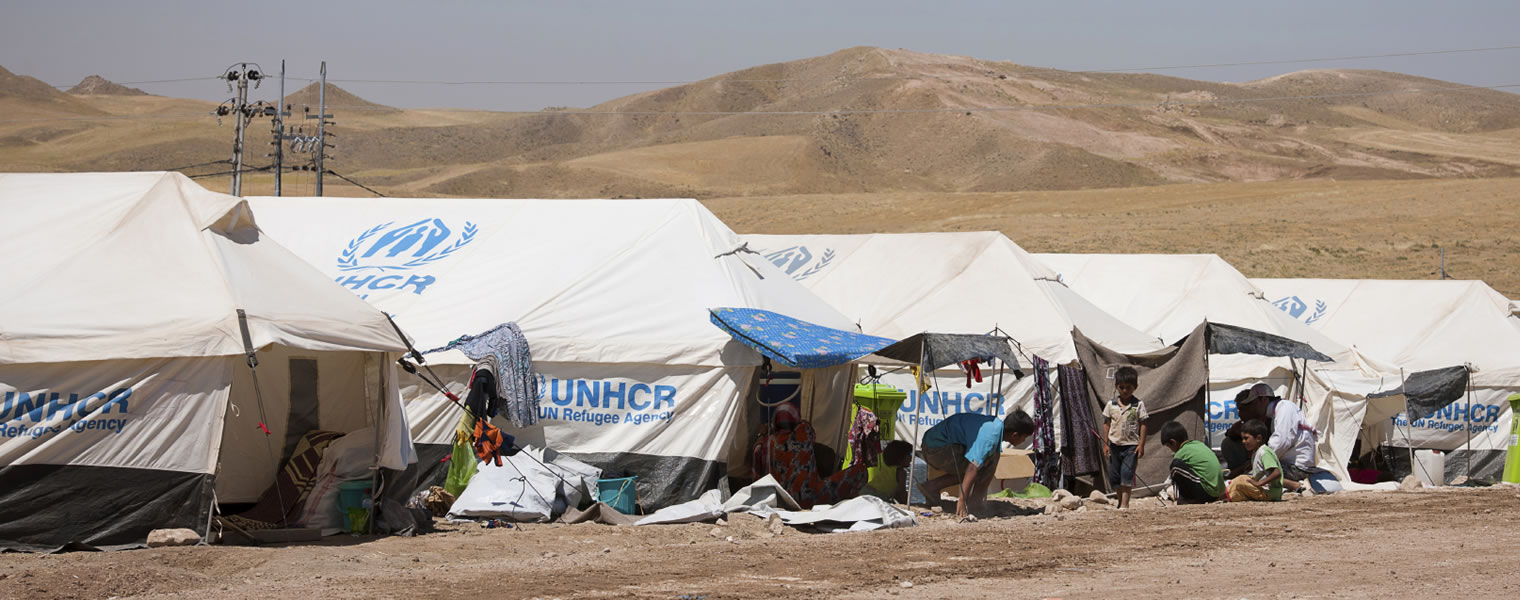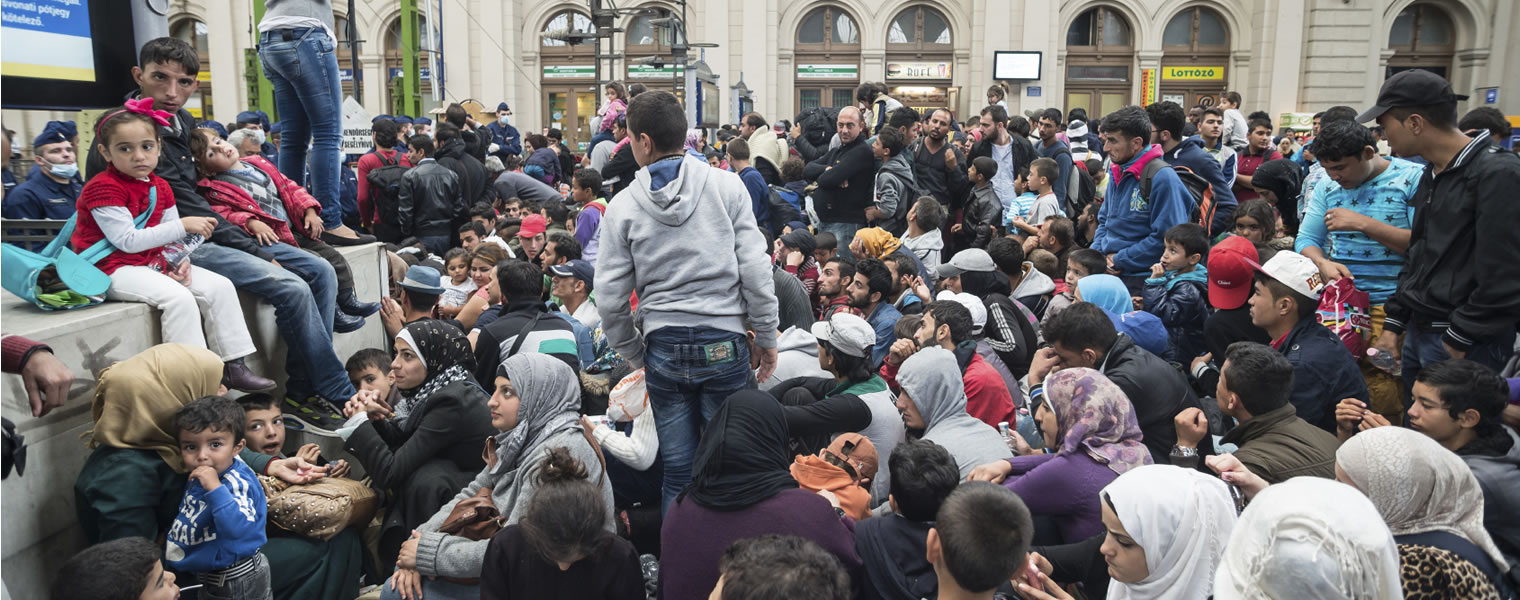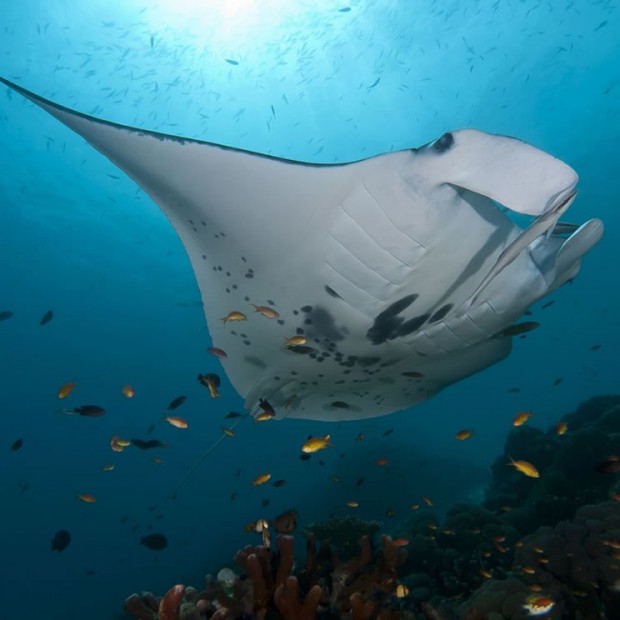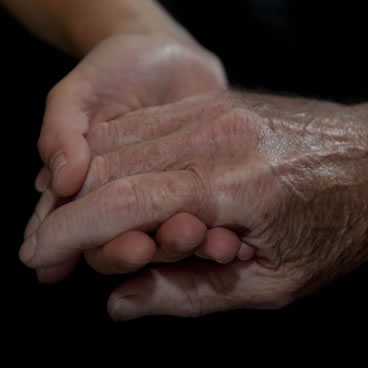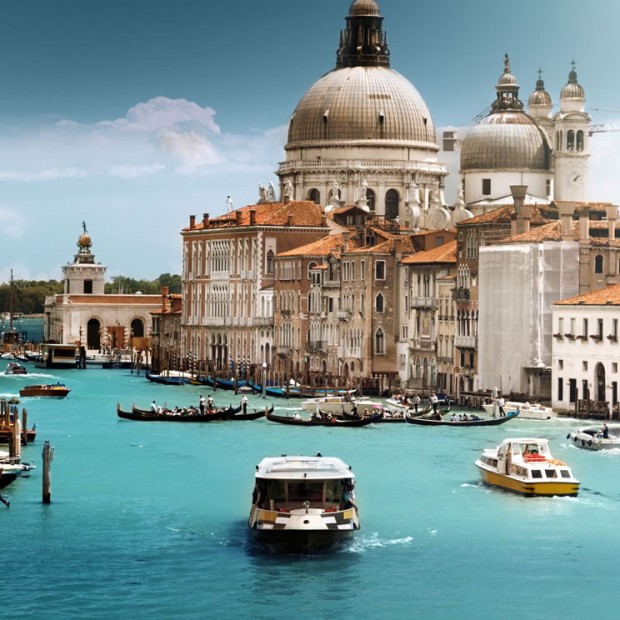Hartley News Online Your alumni and supporter magazine
Alumna Miranda Gill, who spent nearly three years working for Christian Aid, and the University’s Dr Jakub Bijak, discuss the steps that should be taken to respond to the current refugee crisis.
Dr Jakub Bijak, associate professor in demography: International migration is the most unpredictable demographic process. Forced migration, related to war, armed conflict, or persecution, is especially volatile. Crises such as the recent one in Syria happen frequently all over the world, forcing many people to flee and to seek asylum outside their home countries. In the Syrian case, over four million refugees have already been registered outside Syria (as of mid-September 2015).
Since the adoption of the United Nations Refugee Convention in 1951, and the establishment of the Office of the United Nations High Commissioner for Refugees (UNHCR), there has been considerable progress in terms of providing the legal framework for international protection of refugees and people seeking asylum. A vast majority of countries are now legally obliged to offer asylum to those in need, who flee persecution on the grounds of “race, religion, nationality, membership of a particular social group or political opinion.”
Of course, responding to the crisis brings about substantial challenges. In the short term, the provision of basic humanitarian assistance, aid, and education on a large scale are crucial. In the long term, the UNHCR aims to offer refugees one of three “durable solutions”: repatriating them to their country of origin; resettling to a third country; or integrating with the host societies. However, while the conflict continues, repatriation is not a real option for many people, while resettlement and integration remain difficult with large numbers of refugees. There is a danger that temporary and interim solutions – refugee camps, with limited integration and no full civil rights – might become permanent.
Globally, refugees and asylum seekers constitute less than a third of the over 54 million people of concern to the UNHCR, the majority of whom are internally displaced within the borders of their home countries. Of the estimated number of migrants – people who, according to the UN, live outside their countries of birth – refugees and asylum seekers constitute about seven per cent. Hence, on the one hand, the numbers of other migrants – people who moved voluntarily for economic, family, education or other reasons – are far larger. On the other hand, the political impact of the recent refugee crisis on the European institutions has been very large, to the point of testing the very fundamentals of European integration.
On the whole, migration is one of the fundamental demographic features of a globalised world in the 21st century. In democratic societies, it is neither feasible nor desirable that the state should exercise full control over population movements. That is not to say that migration cannot or should not be managed in some way. The current refugee crisis has demonstrated that there is acute need for contingency and crisis planning – akin to the response to natural disasters such as earthquakes – in order to deal with the challenges more efficiently. To achieve this, the coordination between countries, alliances, international and non-governmental organisations has to be much better than is the case today.
Miranda Gill [English 2008], former trusts and foundations officer, Christian Aid: The refugee crisis in Europe is forcing many of us to re-evaluate our beliefs about immigration. Every day more of the refugees’ stories are hitting the headlines, more unimaginable horrors are reported. How could we not be affected? Yet this is a story which aid agencies have been trying to tell us for years, as they have witnessed first-hand the plight of refugees across the world. I was a fundraiser for Christian Aid until I returned to work at the University last year, and these stories feel only too familiar.
Because this is not a new crisis. Communities, towns, whole nations displaced and made refugees; fleeing homes, leaving lives behind, escaping in desperation and in the hope that they – unlike many who have gone before them – will find a better place to live, work, and be free. This is, sadly, a continuous cycle in the history of our world.
Too often, the plight of refugees is met with silence. It is all too easy not to engage in distant terrors faced by unknown people. Similarly, when politicians or the media talk about immigration it is often dispassionately removed from the human reality; and as a result we often fail to see them as people with equal rights to ourselves, and equal hopes, fears and dreams.
This was apparent earlier in the summer, when the news of the crisis first hit our screens. There was an alarming lack of empathy from many politicians and the media for the refugees thronging into Calais. But one photograph changed everything; the body of the three-year-old Syrian refugee Alyan Kurdi. This single, devastating image somehow forced us to confront the humanity of every refugee, to recognise them as people as real as our own families and friends.
There has been an undeniable shift in public mood and, while pockets of stubborn resistance remain, it fills me with hope. I receive multiple requests from campaigning groups asking me to sign petitions or write to my MP, urging me to press our politicians to respond to the crisis. Tens of thousands of people took to the streets of London and other European capitals for the ‘Solidarity with Refugees’ event, evidence of a growing movement shifting us from apathy to activism.
Ultimately, political will is crucial, because the refugees need both immediate relief and long-term solutions. Aid agencies know this from long years of experience. They will be working on the ground, providing relief for people’s most basic needs, like food or shelter. They will also implement the medium-term solutions needed to help life to carry on, like psychosocial support for refugee communities. But most importantly, they will keep pressure on our politicians to respond to this crisis with compassion and to look for truly long-term solutions. They will be there when this crisis has passed out of the attention of the media, continuing to care for the displaced and the forgotten, standing up for the humanity of refugees everywhere.
Have your say
